Search results: “”
What Is Aloe Vera, and Where Does It Come From?
Aloe vera has been known for its healing properties for at least 6,000 years. In the early days, it was considered a “plant of immortality” and was presented to Egyptian pharaohs as a funeral gift, according to the National Center for Complementary and Integrative Health (NCCIH).
Over time, groups from many geographical areas have used aloe vera, including Indians, Chinese, Mexicans, and North Americans, too, per a chapter in Herbal Medicine: Biomolecular and Clinical Aspects.
The medicinal claims made about Aloe vera, as with many herbs and plants, are endless. Some are backed by rigorous scientific studies while others are not. This article focuses mainly on those that are backed by research.
Aloe Vera Uses
Research backs up the ancient use of topical aloe vera as a skin treatment, at least for specific conditions. Studies have shown that aloe gel might be effective in treating skin conditions including:
- Psoriasis
- Seborrhea
- Dandruff
- Minor burns
- Skin abrasions
- Skin injured by radiation
- Herpes sores
- Acne
- Anal fissures
There’s also strong evidence that aloe juice, which contains latex, taken by mouth is a powerful laxative. In fact, aloe juice was once sold in over-the-counter constipation drugs.
Aloe Vera Risks
Talk to your doctor before using it. Researchers warn against the chronic use of aloe vera. But if the aloe product is free of aloin — an extract of the plant that has been found to cause colorectal cancer in rats — it may be OK as a topical remedy for sunburn. Aloin is found between the outer leaf of the aloe plant and the gooey stuff inside.
- Side effects. Topical aloe vera might irritate your skin.
- Oral aloe, which has a laxative effect, can cause cramping and diarrhea.
- This may cause electrolyte imbalances in the blood of people who ingest aloe for more than a few days. It can also stain the colon, making it hard to get a good look at the colon during a colonoscopy.
- So avoid it for a month before having a colonoscopy. Aloe gel, for topical or oral use, should be free of aloin, which can irritate the gastrointestinal tract.
Aloe Leaf
The leaves are filled with a clear gel, which is extracted from the plant and usually used:
- As a topical gel on the skin to treat burns and various skin conditions
- In liquid or capsule form to be taken orally
The latest in aloe vera trends is aloe-based drinks, such as aloe vera juice,
Showing all 9 results
-
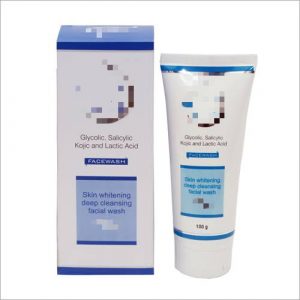 SALE!
SALE!GLOMEDIC(Face Wash) (Salicyclic Acid,Glycolic Acid,Aloevera Face Wash)
Rs.70.00 Quick ViewAdd to cart -
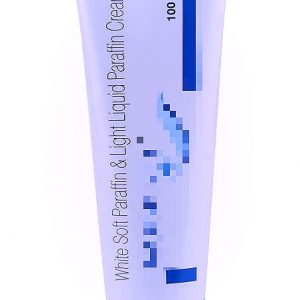 SALE!
SALE!MEDOISTUS(Cream) (Light Liquid Paraffin,Aloevera,Glycerine Moisturising Cream)
Rs.96.90 Quick ViewAdd to cart -
 SALE!
SALE!MEDOISTUS(Cream) (Light Liquid Paraffin,Aloevera,Glycerine Moisturising Cream)
Rs.80.00 Quick ViewAdd to cart -
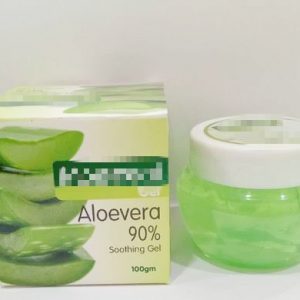 SALE!
SALE!ALOMEDICS(Gel) (Aloevera 15%,Neem 5%,Wheat Germ Oil 1% Gel)
Rs.66.30 Quick ViewAdd to cart -
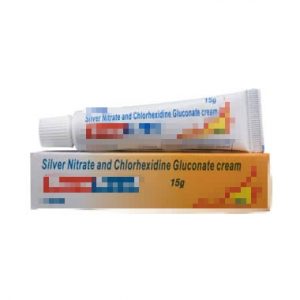 SALE!
SALE!BURNOMEDIC (Silver Sulfadiazine (0.2% w,w),Chlorhexidine Gluconate (0.2% w,w),Aloe Vera (15% w,w),Allantoin (0.1% w,w))
Rs.36.72 Quick ViewAdd to cart -
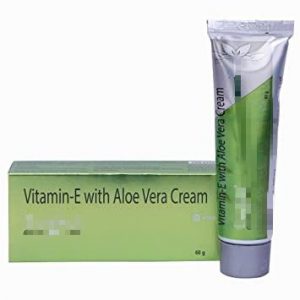 SALE!
SALE!MEDOISTUS (Lotion) (Vitamin E,Aloevera,Glycerin Moisturising Lotion)
Rs.80.00 Quick ViewAdd to cart -
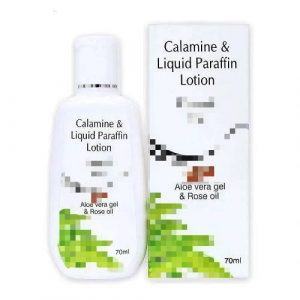 SALE!
SALE!CALIMEDIC (Lotion) (Calamine,Liquid Paraffin,Aloevera Lotion)
Rs.80.33 Quick ViewAdd to cart -
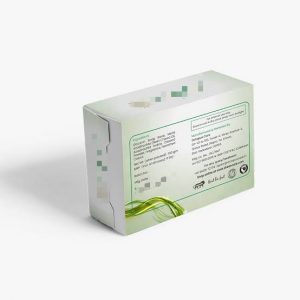 SALE!
SALE!MEDOISTUS(Soap) (Vit. E,Glycerine,Aloevera Moisturising Soap)
Rs.45.00 Quick ViewAdd to cart -
 SALE!
SALE!ALOMEDICS-E (Cream) (Vitamin E Acetate 0.5% w,w,Aloevera)
Rs.69.36 Quick ViewAdd to cart

